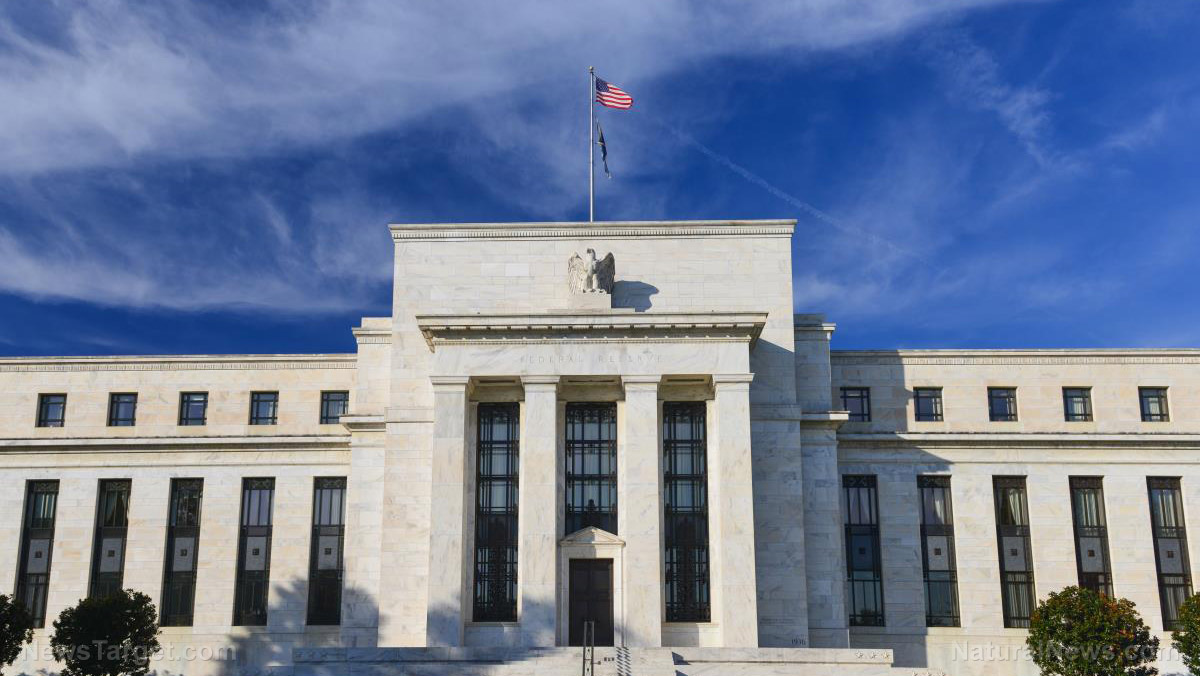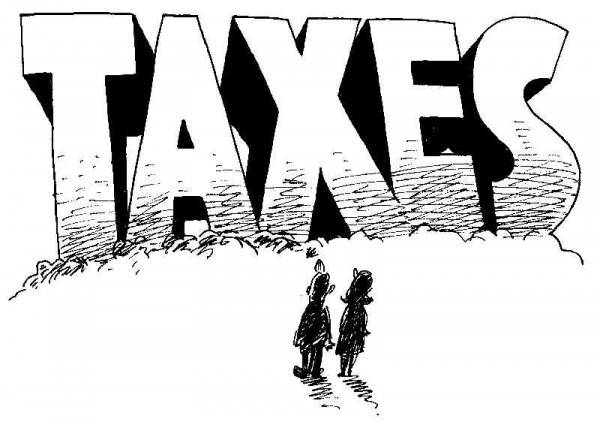The end of retirement: Baby boomers working through their golden years
07/15/2017 / By Jhoanna Robinson

Nearly 19 percent of Americans who are 65 or older are still working – even if only part-time – in the second quarter of 2017, the latest United States jobs report by the Department of Labor’s Bureau of Labor Statistics that was issued on Friday, July 7, showed.
The age bracket’s employment/population ratio has come to its highest in 55 years, back when American retirees had access to better health care and Social Security benefits during the 1960s.
Baby boomers nowadays no longer feel the need to retire at 65, and find themselves still wanting to, or still needing to, work past the age of 70. Even those who have officially retired are still looking to gain income during their retirement years, as evidenced by a survey by the Employee Benefit Research Institute (EBRI), which showed that 79 percent of American workers are still finding ways to supplement their retirement income by working odd jobs that could get them extra pay.
Senior citizens who still want to work past their retirement years may find themselves not being able to, however. (Related: Saving for retirement? Federal government to determine how much money you actually ‘need’.)
According to the 2017 Aegon Retirement Readiness Survey, which analyzed the job situation of 16,000 people in 15 countries, 61 percent of the retirees in the U.S. said they had been forced to retire sooner than they had planned, which is a huge rate as compared with the 39 percent of retirees all over the world who said they had retired too soon.
Even part-time work may not come easily to retirees. Only 29 percent of American retirees said they were able to find work at one point during their retirement years, EBRI said.
Factors that contribute to this lack of job availability include health problems, and the lack of interested employers. “Although age discrimination has been illegal for 50 years, employers continue to see older workers as a liability,” City of New York University sociology professor Ruth Milkman said.
Senior citizens remedy this situation by making the switch from having a traditional job to becoming self-employed, costing them an average annual earnings drop of $18,160, showed a study that was released in June by the National Bureau of Economic Research.
Millennials should brace themselves and prepare for the future
The fate of millennials seems to be also heading this way. Thus, they need to be saving more for their retirement, starting right now. However, millennials’ employers seem to be doing just the opposite for them. Since employers pay for employees’ 401(k) contributions, it would mean extra costs for employers if their employees save more. Also, they believe that employees wouldn’t go for higher default savings rates anyway.
Chicago, Illinois-based investment management company Morningstar, Inc. retirement research head David Blanchett said employers should raise the default savings rate of three to six percent. “The absolute minimum is 12 percent. It [should] probably be closer to 15 percent,” he noted.
Basically, it should all come down to how much you earn. If you’re making less than $30,000 a year, you can save less than 10 percent to 12 percent; however, if you’re making $75,000 or more per year, you should probably save more, analysts said.
Also, you should start saving more if you have a career in a field that is characterized by volatile stability. University of Arizona finance professor Scott Cederburg said an ambitious savings mechanism should be employed by people who have careers in unstable job markets such as real estate, technology, finance, and oil.
Read up on more stories such as this one at Pensions.news.
Sources include:
Tagged Under: Baby Boomers, healthcare savings, personal savings rate, retirees, Retirement, senior citizens



















